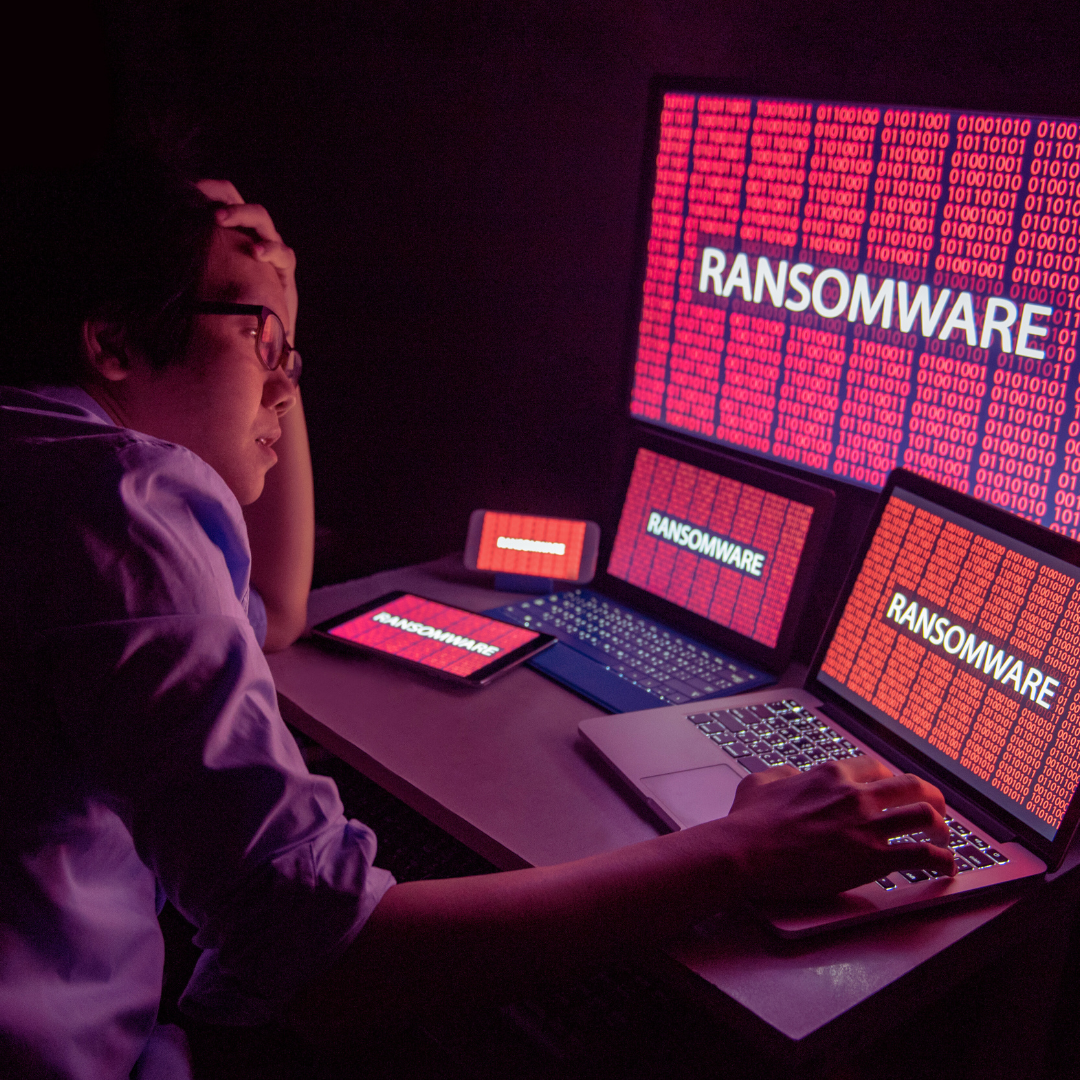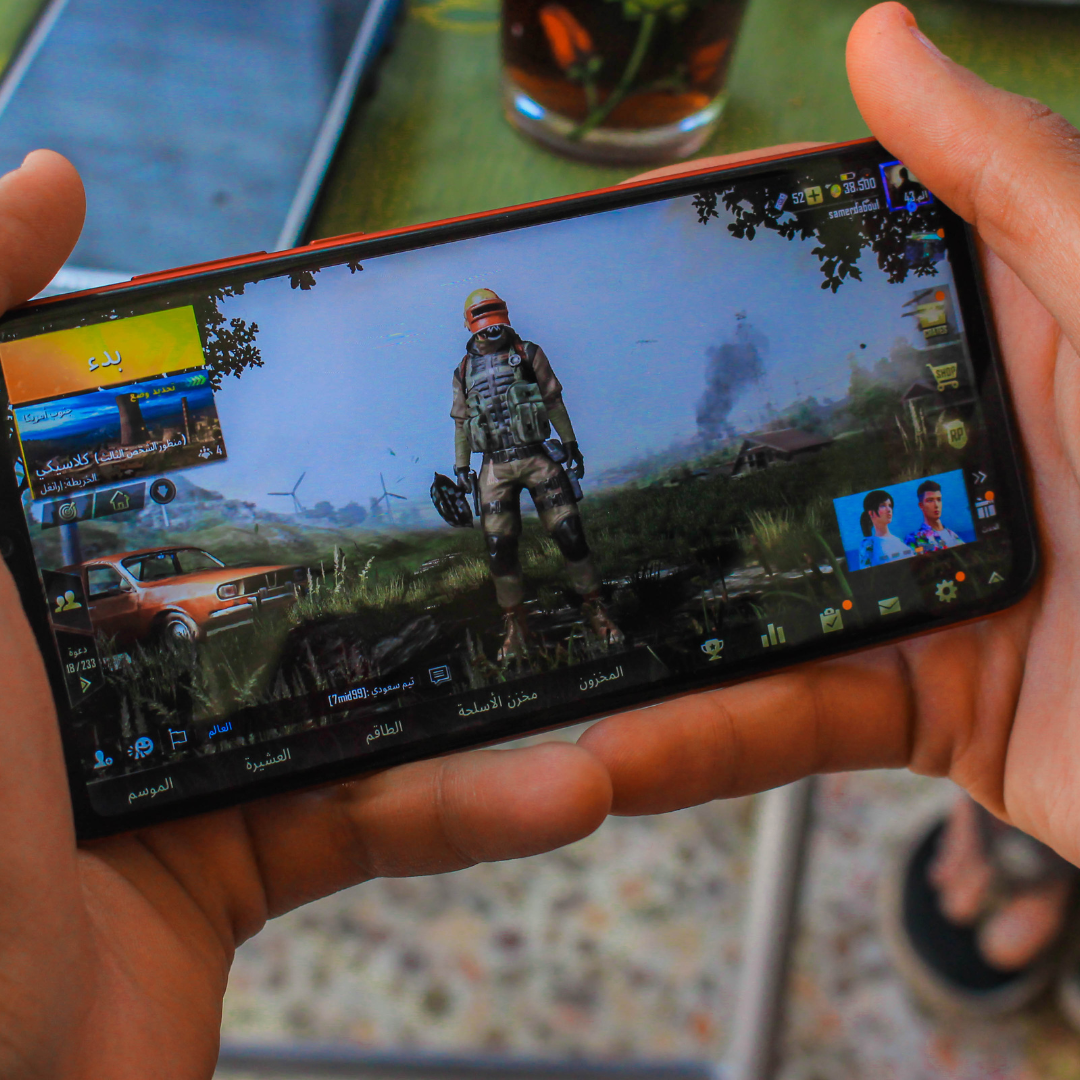In the world of online gaming, securing gaming accounts is paramount. Gamers invest time, effort, and often money into their accounts, making them prime targets for hackers. To protect gaming accounts from unauthorised access, employing strong, unique passwords and enabling two-factor authentication proves essential.
The rise of cybercrime has changed the landscape of gaming, where breaches can lead to devastating losses. Awareness of potential threats can empower players to take proactive measures. By understanding the importance of cybersecurity, they can make informed choices to safeguard their experiences.
Players should remain vigilant and adopt best practices for account protection. Regularly updating passwords and being cautious about phishing attempts can significantly reduce risk. Implementing these strategies is key to maintaining the enjoyment of gaming without fear of intrusion.
Understanding the Risks to Your Gaming Accounts
Gaming accounts face numerous threats from cybercriminals. Players should be aware of how these hackers operate and the various tactics they deploy to compromise accounts. Understanding these risks lays the foundation for effective protection.
The Nature of Cyber Threats in Gaming
The gaming industry is a prime target for cyber threats due to its vast user base and financial transactions. Cybercriminals exploit vulnerabilities in games, networks, and accounts to gain unauthorized access.
Threats can manifest through various channels such as data breaches or compromised gaming platforms. Hackers often aim to steal personal data, leading to identity theft. Players should be mindful of the potential risks surrounding their gaming accounts, as these can have serious implications.
How Hackers Target Online Gaming Accounts
Hackers utilise several strategies to infiltrate online gaming accounts. Often, they leverage social media platforms to gather information about a player’s habits and preferences.
The use of weak passwords is another common vulnerability. When players reuse passwords across multiple platforms, they become easy targets. Once hackers gain access to an account, they can exploit it for financial gain or in-game assets.
In addition, the dark web serves as a marketplace where stolen gaming credentials are traded. This makes it essential for gamers to apply protective measures to safeguard their accounts effectively.
Common Tactics: Phishing, Malware, and Social Engineering
Phishing attacks are prevalent in the gaming community, where hackers send deceitful messages to lure players into revealing personal information. These attacks often masquerade as legitimate communications from game developers or support services.
Malware, including keyloggers, can be downloaded unknowingly through harmful links or software. This malicious software tracks keystrokes, enabling hackers to capture passwords and other sensitive information.
Social engineering is another tactic where hackers manipulate players into providing private data. By building a rapport or creating a sense of urgency, they can trick individuals into disclosing account details. Awareness of these tactics is crucial for gamers looking to secure their accounts.
Essential Security Measures for Gamers
Implementing robust security measures is critical for gamers wanting to protect their accounts from hackers. Specific strategies can significantly reduce risks associated with online gaming.
Creating and Managing Strong Passwords
A strong password is a vital barrier against unauthorised access. Gamers should create passwords that are at least 12 characters long, mixing upper and lower-case letters, numbers, and symbols.
Using passphrases can enhance password strength. For example, combining a memorable sentence with numbers and special characters can provide an effective solution.
Password managers can help manage these complex passwords by generating and storing them securely. This eliminates the need to remember every password, reducing the temptation to use weaker, easily guessable ones.
The Importance of Two-Factor and Multi-Factor Authentication
Two-factor authentication (2FA) adds an additional layer of security by requiring a second form of verification. Gamers can use an authenticator app or receive a code via SMS to complete the sign-in process.
Multi-factor authentication (MFA) further enhances this by including more than two verification steps. This might involve fingerprint recognition or security questions.
Using 2FA or MFA makes it substantially more challenging for hackers to gain access. Many gaming platforms now support these security features, making it essential for players to enable them on their accounts.
Securing Your Network Connection with VPNs
Using a Virtual Private Network (VPN) can safeguard a gamer’s data while online. A VPN encrypts the internet connection, making it difficult for third parties to intercept sensitive information.
Gamers should choose a reputable VPN provider that doesn’t log user activity. This ensures that their online actions remain private and secure.
Additionally, connecting to a VPN protects users when accessing public Wi-Fi networks, which are often targeted by hackers. This added layer of protection is crucial when gaming on the go.
Recognising and Avoiding Phishing Scams
Phishing scams pose a significant threat to gamers. These scams often come in the form of emails or messages that appear to be from legitimate sources, asking for login information or personal details.
Gamers should scrutinise any communication asking for sensitive information. Verifying the sender’s email address and looking for signs of tampering can help identify potential scams.
It’s crucial to avoid clicking on suspicious links or downloading attachments from unknown sources. Educating oneself on the common tactics used by cybercriminals can significantly reduce the chances of falling victim to these scams.
Best Practices for Account and Data Safety
Prioritising account and data safety involves implementing specific security measures tailored to the gaming environment. Addressing personal information, security practices, and the risks of public Wi-Fi greatly contributes to safeguarding gaming accounts.
Regularly Updating Account Information
Keeping account information current is crucial for maintaining security. Users should regularly review and update their passwords, ensuring they contain a mix of uppercase letters, lowercase letters, numbers, and special characters. This practice significantly reduces the likelihood of unauthorised access.
In addition, updating associated email addresses and recovery options ensures that account recovery methods remain effective. Users should also consider enabling two-factor authentication (2FA) wherever available. This adds an extra layer of security, requiring a second verification step before granting access.
The Role of Antivirus and Anti-Malware Solutions
Antivirus and anti-malware software play an essential role in protecting gaming accounts from various threats. These tools detect and eliminate malicious software that could compromise personal information or account security. Keeping such software up to date ensures optimal protection against new threats.
Regular scans of devices for viruses and malware should become a standard practice for gamers. Additionally, users need to pay attention to event logs, as these logs can reveal suspicious activity or changes to account settings. Detecting discrepancies early can prevent data breaches.
Navigating Public Wi-Fi and Shared Networks
Using public Wi-Fi or shared networks for gaming carries inherent risks. These networks are often less secure, making it easier for hackers to intercept data transmissions. It is advisable for users to avoid logging into gaming accounts while on public networks.
If access to these networks is necessary, employing a Virtual Private Network (VPN) can encrypt data and enhance security. Furthermore, users should disable file sharing and avoid accessing personal information while connected to public Wi-Fi. This minimises the risk of unauthorised access to sensitive data.
Monitoring and Responding to Security Breaches
Active monitoring for signs of security breaches is vital for protecting gaming accounts. Users should frequently check account activity for any unrecognised logins or changes to settings. Prompt identification of suspicious activity can allow for swift action.
If a breach is suspected, users must change their passwords immediately and verify their account recovery methods. Reporting the breach to the gaming platform can help mitigate further risks and assist with recovery. Establishing an incident response plan also prepares users to respond effectively to potential threats.
Enhancing Safety on Specific Gaming Platforms
Different gaming platforms have unique security features, and understanding them is crucial for account safety. Adopting best practices can help gamers protect their accounts and in-game assets more effectively.
Security Features on PlayStation Network, Xbox Live, and Steam
Each of these platforms offers specific security measures to safeguard accounts.
- PlayStation Network (PSN) provides two-factor authentication (2FA), helping to verify user identity. Enabling 2FA adds an extra layer of security.
- Xbox Live allows for account protection through 2FA and email verification. Additionally, enabling alerts for sign-ins from unrecognised devices is advisable.
- Steam employs a mobile authenticator that generates a unique code for sign-ins. This feature significantly reduces the risk of unauthorised access.
Utilising these security features is essential for protecting accounts from malicious attacks.
Safeguarding In-Game Purchases and Currency
In-game purchases and currencies are appealing targets for hackers. Implementing stringent security can help mitigate risks.
- Unique Passwords: Users should create complex passwords that are difficult to guess. Avoid using common phrases or easily accessible personal information.
- Transaction Alerts: Opting for notifications about purchases and changes in account details helps identify suspicious activity quickly.
- Virtual Wallets: If supported, using virtual wallets can provide an additional layer of security for transactions. Transactions through these wallets may have robust fraud protection measures.
Taking these steps can significantly reduce the likelihood of losing valuable in-game assets.
Protecting Assets on Platforms like Epic Games and Ubisoft Connect
Epic Games and Ubisoft Connect offer distinct features and require careful attention.
- Epic Games includes 2FA and encourages users to avoid sharing account details. Regularly checking account activity can help detect illicit actions.
- Ubisoft Connect also supports 2FA and provides the option for account recovery. Users should link accounts to secure email addresses for swift recovery if compromised.
Both platforms support secure storage for rare skins and in-game currency, making account vigilance necessary for all users. Maintaining account security on these platforms contributes to a safer gaming experience.




Leave a Reply